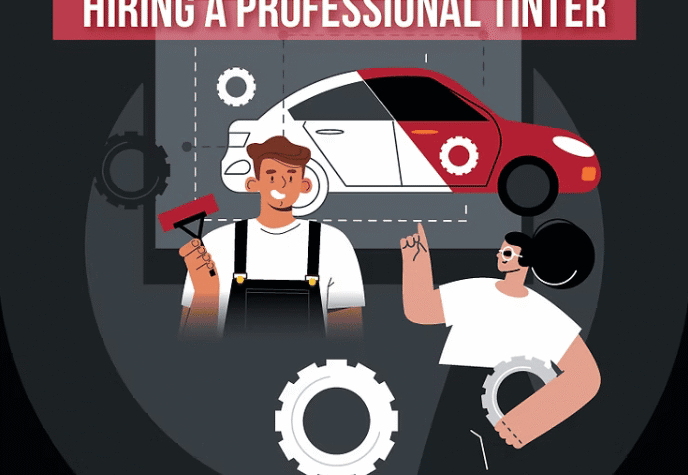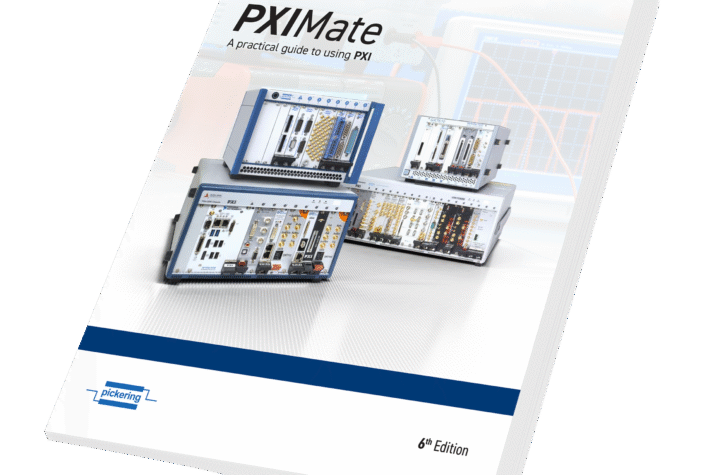
German company Emitec, recently introduced the PM-Metalit diesel particulate filters that significally reduce the diesel particulate emission by 80 percent – depending on the engine application – and is easy to retrofit.. The company, introduced the filters along with special catalytic converters that ensured trucks met with current emission norms. Last year, the MAN Nutzfahrzeuge Group, awarded Emitec with one of its annual 10 Trucknology Supplier awards for its ability to cut pollution by after-treatment of particulate emissions.
Emitec had in collaboration with MAN developed their PM-KAT diesel particulate filter that manages without urea. MAN is the first commercial vehicle manufacturer to use this technology to satisfy the Euro 4 standard in trucks. Plus, in order to deal with issues of fine dust, both companies came together to work on a retrofit solution for Euro 3 vehicles for almost all truck models.
The latest engines from MAN already feature the combined filter-catalytic converter system. Similar retrofit systems are also available for passenger cars. BMW has been using Emitec filters in series-produced models for some time now and is planning to fit all its diesel-engine vehicles also with wall-flow particulate filters from 2006 onward. Furthermore, the manufacturer is to market retrofit systems for diesel models already on the road.
Emitec was founded in 1986 as a subsidiary of Siemens and GKN. Headquartered in Lohmar, near Bonn, the company is the world’s largest manufacturers of metal substrates for catalytic converters. The benefit of partial flow PM-Metalit filters as opposed to ceramic wall flow filters, is that they are virtually maintenance-free and have no impact on fuel consumption. In addition, they are of an open design and do not become blocked, even after several 100,000 kilometers. The soot particles are ejected from the exhaust gas and collect in the minuscule pores of a fleece-like metal foil, where they are continuously combusted by the incoming NO2 at temperatures of around 200 ° Celsius and upward.
According to the company, studies show that unlike conventional particulate filters, the new system preferably removes the very finest particles with a diameter of between 20 and 100 nanometers (a millionth of a millimeter), which penetrate deeply into the lungs and therefore pose a particular health hazard. At the same time, an oxidizing catalytic converter whose base is a new turbulent metallic substrate changes nitrogen oxides from the exhaust emissions into nitrogen dioxide. The latter provides the oxygen required to combust the soot particles and is completely reduced to nitrogen oxide in the process. A greater reduction of the emission of nitrogen oxides will require the use of additional technology such as more effective engine-management or SCR systems, for which Emitec is prepared too.
One of the products that Emitec is focusing on is its Exhaust Gas Recirculation (EGR) Catalyst, which will is integrated into the EGR line to protect the heat exchanger from harmful deposits and contamination. The catalyst was developed in anticipation of the potential increase in EGR rates for 2007 through 2010.
Emitec is poised to play a greater role in filtering diesel particulate emissions in trucks and other heavy vehicles as the world increasingly is looking to diesel to cut spiraling fuel costs.
Automotive Industries spoke to Emitec’s managing director, Wolfgang Maus and asked him about his companys plans to target heavy duty trucks and other large vehicles.
AI: How much of your revenues come from sales to heavy duty truck manufacturers? Who are some of your biggest clients in the heavy duty vehicle segment?
Today our sales amount is approximately 30%. We have a history with MAN to develop and launch innovations like the PM-Kat or new oxidation catalyst substrate concepts. Other todays customers are Fuso, International and Cummins. More are in a test phase or will launch our components soon.
AI: How important is this segment for you compared to passenger vehicles? Which segment is growing faster and why?
Both segments are important since new aftertreatment technologies are required and therefore will grow significantly. But the commercial vehicles sector is an additional technology business field offering us further possibilities for expansion e.g. due our new turbulent catalyst and PM-Metalit technologies.
AI: What are some of the technologies we can expect from Emitec in the short term?
Out of 12 new products some have been launched with customers up to now. Our PM-Metalit partial flow filter technology will offer all benefits when Diesel engines will be cleaner and will emit more or less Nano-Partikulates.
Then this PM-filter concept will offer as a next generation DPF a continuous PM reduction process in competition to those which need active soot regeneration. Also a new approach will be an optimized SCR-System. This will be presented at the forthcoming Commercial Vehicles IAA in Hannover in September 2006. Other novelties like the Pre-Turbo-Metalit or the EGR-Metalit will follow soon.
AI: How has the North American market responded to your products? And in which region, globally, do you see the largest growth for Emitec?
The North American Market has responded very promising to our new product developments. US 2010 legislation requires more efficient and cost effective solutions
Largest growth potential for Emitec we are also seeing already in Asia, especially in India, where we just brought a new plant on stream and in China, Korea and Japan.
AI: What are your plans to expand Emitecs global reach? Any more manufacturing plants on the anvil? And do you plan any tie-ups in the future in order to expand your companys reach?
Globalization offers open markets and in any respect optimal production locations. So on one hand having plants on three continents we now achieved highest production standards with regard to quality, cost and logistics. And this will be completed. Therefore on the other hand – Emitec will continue to build on todays success which is our specialized engineering service to the auto industry worldwide. And not at least we will continue to create ideas and products vehicle manufacturers most probably will need after 2010.












More Stories
Professional vs. DIY Tinting: What You Should Know
New updated edition of “PXIMate” reference guide for T&M engineers available from Pickering Interfaces
5 Mistakes That Can Ruin Your Car Accident Claim